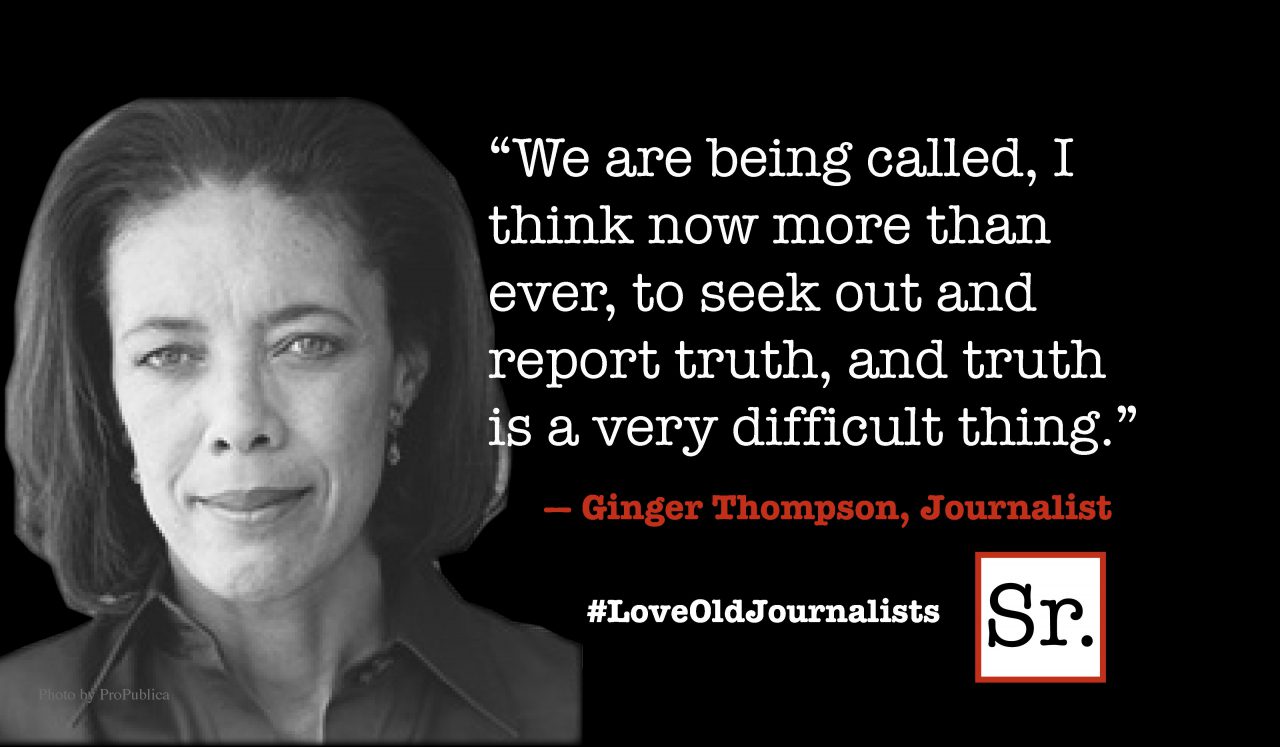In 2001, having completed a five year teaching assignment in Australia, Wendy and I decided to return to the United States the slow leisurely way. Not wanting to endure the usual 17 hour torture, courtesy of United Airlines, we found a container ship that would take a couple of passengers. This twenty-six day “cruise” included a mid-Pacific typhoon during which Wendy was thrown across our modest cabin breaking a toe. Otherwise it was a delight.
The ship’s captain was German, and rest of the officers Russian and Ukrainian. But the deck crew was from Kiribati (pronounced “Kiribas”), a remote nation of thirty-three tiny, flat, coral slands near the equator in the mid-Pacific.
In a few years the 310 square miles which make up the Kiribati nation will disappear, drowned, as the turquoise seas simply overrun them. The 100,000 citizens will be nationless. They will join the world’s refugees seeking asylum in some other place on our already crowded globe.
Even today any significant high tide moves across the beaches into the little towns and fishing villages which dot these atolls. Global warming will be the cause of Kiribati’s downing! A minister of one of that nation’s many Christian congregations, tells of how a recent “King tide” flooded the floor of his church. “We had fish inside,” he remarked. As Bible students, some members of his youth group talk seriously about building an ark.
The rise in the ocean level is partly due to the erosion of the polar icecaps. In addition, as water warms, it expands. Every scientist who has examined the phenomenon says that the ocean will continue to rise, and Kiribati is doomed. It is just a matter of time. According to the Bloomberg Business Week, even if we curtail global warming immediately, by 2100 the oceans will have risen by more than two feet from their 1800 level. If nothing is done they will have risen by three feet. There goes Kiribati, and a few other low-lying areas, including parts of Florida, Carolina’s outer banks and lower Manhattan.
Kiribati may well be the world’s coal-mine canary. So what if it disappears? It is only one of the smallest most insignificant nations, so who really cares. Well, we all had better start caring! Global warming will continue to parch the driest plains in the United States and dramatically increase both the number and ferocity of the storms hitting other parts of our nation. We may have the weaponry to defend ourselves against any foreign real or potential enemy, but no H-bomb, rockets, drones, atomic submarines, or special forces will have the slightest effect on a two degree rise in the earth’s temperatures.
We may respond to the loss of Kiribati with a “so what,” but its citizens do not. They are already looking for a place to relocate the entire population. Anote Tong, the Kiribati President, has recently made numerous trips to Fiji seeking to find dry land on which his people can be find a new home. But Fiji is already overcrowded, and the trips have been unproductive. Where can one find a habitable vacant 310 square miles as the site for a transplanted nation of Pacific fishermen and their families?
We might look at the loss of that nation a bit differently if it were New York, for instance, that was wiped out. But last year Mother Nature fired a warning shot over the New Jersey coasts and into lower Manhattan. Some of these costal towns have not yet recovered, and the hurricane season will arrive again in just a few months.
JFK will go down in history by declaring in 1963, “Ich bin ein Berliner,” but in the long run we all may be Kiribatiese.








